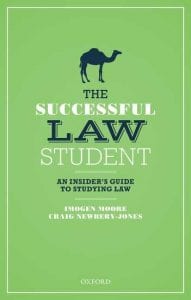By Prof Phil Syrpis, Professor of EU Law (University of Bristol Law School)

Momentum seems to be building for a people’s vote. I argue here that there are a number of legal and political issues which need to be addressed before it is possible to decide whether a people’s vote is indeed ‘the answer’ to the mad Brexit riddle. My conclusion is that it is not.
The most common plea is for a people’s vote ‘on the final Brexit deal negotiated by the UK Government’. But, there are also calls for a people’s vote ‘if the Brexit deal is rejected by Parliament’. Scratch a little below the surface, and it becomes apparent that many of those who are now calling for a people’s vote are either uncertain, or perhaps deliberately vague, about the circumstances in which a people’s vote should be held. They are also uncertain, or again perhaps deliberately vague, about the nature of the question to be put to the people, the timing of the people’s vote, and indeed the consequences which should flow from such a vote. There are, as the Leave campaign should be able to testify, pros and cons for campaign groups who take this sort of stance. A vague plan might elicit support from a wide range of people. But then, it might turn out not to be able to deliver that which people were hoping for.
Calls for a people’s vote come from a variety of sources. The most enthusiastic voices are the ‘remainers’. They tend to see a people’s vote as an opportunity – perhaps the last opportunity – to stop Brexit, and to enable the public to vote not, as in June 2016, on the abstract idea of leave, but instead on the Government’s concrete Brexit plans. They are confident that while there was a small majority for Brexit in 2016, there would not, given what we now know, be a majority for any of the Government’s possible plans, or indeed for a ‘no deal’ Brexit. Recent polls support their claim. They have been joined by a number of other groups, who argue that there is a tactical political advantage to be gained (for the Government and the Labour Party) in backing a people’s vote. (more…)


